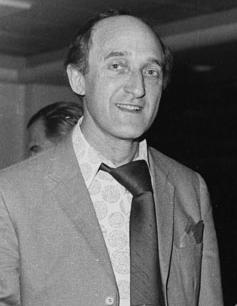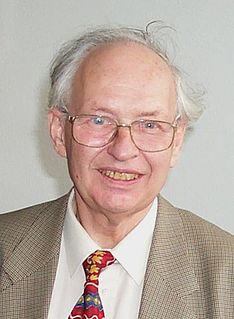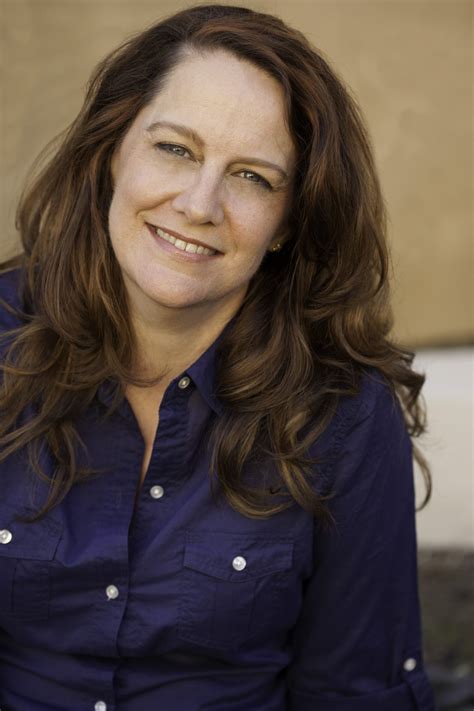A Quote by Nick Tomaino
Cryptoeconomics is so fascinating to study because it's a combination of technology, economics, and psychology.
Quote Topics
Related Quotes
Some fundamentalists go so far as to reject psychology as a disciplined study, which is unfortunate and polarizing. By definition, psychology is the study of the soul, theology is the study of God. Generally speaking, systematic theology is a study of all the essential doctrines of faith, and that would include the study of our souls (psychology).
How should the best parts of psychology and economics interrelate in an enlightened economist's mind?... I think that these behavioral economics...or economists are probably the ones that are bending them in the correct direction. I don't think it's going to be that hard to bend economics a little to accommodate what's right in psychology.
I started in the law; and the study of law, when it precedes the study of economics, gives you a set of foundation principles about how human beings interact. Economics is very useful, and I studied economics in graduate school. But without understanding the social and organizational context of economics, it becomes a theory without any groundwork.
For me, psychology and art interact and overlap in so many ways. Psychology is the study of the inner life and creativity comes from the imagination and a response to the environment, as you know. So they're both very similar in that way because it's about one's inner life interacting with the environment and what comes from that.
































